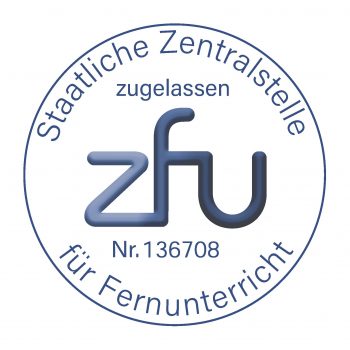Internationale Beziehungen
Who is the university certificate suitable for?
Are you already working in politics, administration, media, international cooperation or in a global company? Or do you aspire to work in NGOs, ministries, foundations or international institutions? Then you will particularly benefit from the practical and scientifically sound content of this certificate.
The university certificate offers you compact, part-time access to the world of international relations, ideal for anyone who wants to continue their education in a flexible but challenging way. Whether you want to prepare for new tasks, sharpen your analytical skills or simply gain a deeper understanding of international developments: This certificate provides you with the right tools.
The most important things at a glance:
- Duration of study: 6 months + 6 months free extension
- ECTS credit points: 10 ECTS credit points
- Examination form: Portfolio assignment (term paper and presentation)
- Admission requirements: Knowledge of scientific work
- Start of studies: at any time
- Creditability: M.A. Business Education
- Tuition fees: EUR 165 per month, EUR 990 in total
Recognizing global connections - with the University Certificate in International Relations
International politics determine our everyday lives more than ever before: global conflicts, geopolitical power shifts, climate negotiations and trade agreements influence national decisions and business activities in equal measure. Anyone who takes on or wants to take on responsibility in an international environment needs a sound understanding of global contexts.
This certificate provides you with scientifically sound, practical skills for analysis, evaluation and strategic action in an international context - flexible to study alongside your professional activities.
Become an expert on global connections
In this certificate, you will deal intensively with central questions and challenges of international politics. You will learn how international relations are structured, which interests shape them and which actors are effective at a global level.
At the beginning, you will deal with fundamental problems of international politics as well as with classical and more recent theories of international relations. You will gain a sound overview of the so-called major debates, including realism, liberalism and constructivism, and learn how to apply these to current developments.
Another focus is on the analysis of foreign policy and diplomacy: you will learn to understand political decision-making processes, classify diplomatic strategies and interpret international interests. Peace and conflict research also offers you deeper insights into the causes, dynamics and possible solutions to international conflicts, from violent disputes to negotiations in crisis areas.
In addition, you will acquire practical knowledge about international organizations such as the United Nations, the World Trade Organization or regional associations, as well as their functioning, legitimacy and influence. Topics such as the world trade order and international environmental policy round off the program and make it clear how closely economic, political and ecological issues are intertwined today.

